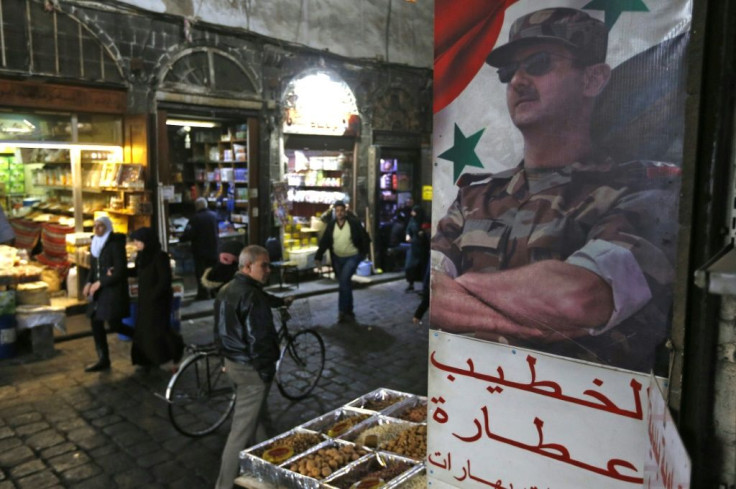Food Prices Across Syria Double In A Year: WFP

Food prices in war-torn Syria have doubled in the past year to record levels, largely due to the Lebanese financial crisis and the novel coronavirus, the World Food Programme said Monday.
"Over the past 12 months, the price of WFP's reference food basket has on average increased by 107 percent across Syria," the UN agency said.
It has hit "14 times the pre-crisis average and the highest ever recorded," WFP spokeswoman Jessica Lawson told AFP.
Syria's war has devastated the country's economy since it started in 2011, plunging 80 percent of its people into poverty, according to the UN.
Last week, millions of Muslims across Syria started marking the fasting month of Ramadan, with many displaced from their homes and the large majority under lockdown to stem the novel coronavirus pandemic.
"The key factors for the increase in food prices over the past 12 months have been the Lebanese financial crisis and COVID-19," Lawson said.
Syrians in government-held areas have over the past year had to contend with a fuel crisis, a plummeting Syrian pound on the black market and price hikes.
The government has blamed Western sanctions for the economic crisis, but analysts also say severe capital controls in neighbouring Lebanon have contributed by hampering the influx of dollars to government-held areas of Syria.
This has led to devaluation and made key food imports -- such as vegetable oil, rice, wheat flour and sugar -- more expensive, according to WFP.
"On top of this, the COVID-19 outbreak led to heavy panic buying at the end of March 2020 as many consumers were worried that shops would shut," Lawson said.
The WFP's reference food basket -- of bread, rice, lentils, sugar and vegetable oil -- increased by 20 percent between March and April alone, mainly due to the pandemic, she added.
The agency said food prices had increased by 152 percent in the government-controlled province of Sweida, followed by 133 percent in the central regions of Hama and Homs, also under the control of Damascus.
The Syrian capital followed, with prices jumping by 124 percent in just 12 months.
In Damascus, an AFP reporter said that over the past month a kilogramme of tomatoes had doubled in price from 500 to 1,000 Syrian pounds.
A bunch of mint or parsley was going for triple the price three months ago, he said.
In February, authorities in Damascus launched a smart card system to allow families to access a limited amount of sugar, rice and tea at a discount.
Damascus has officially announced 43 cases of the COVID-19 illness, including three deaths. The UN has announced one fatality in the northeast of the country.
The war has killed more than 380,000 people and displaced millions from their homes.
© Copyright AFP {{Year}}. All rights reserved.





















